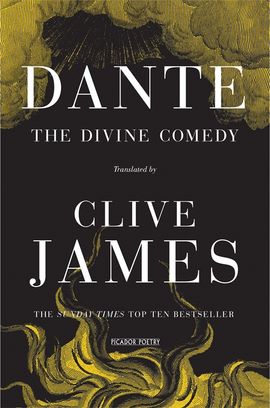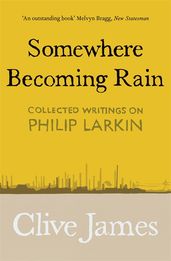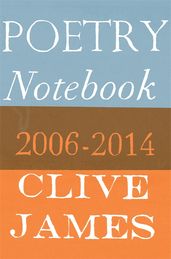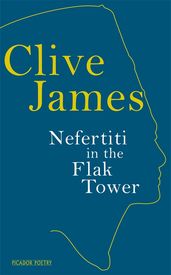
Synopsis
‘Finally I realised that I had been practising for this job every time I wrote a quatrain . . . I had spent all this time – the greater part of a lifetime – preparing my instruments.’
The Divine Comedy is the precursor of modern literature, and Clive James’s vivid translation – his life’s work and decades in the making – presents Dante’s entire epic poem in a single song.
While many poets and translators have attempted to capture the full glory of The Divine Comedy in English, many have fallen short. Victorian verse translations established an unfortunate tradition of reproducing the sprightly rhyming measures of Dante but at the same time betraying the strain on the translator’s powers of invention. For Dante, the dramatic human stories of Hell were exciting, but the spiritual studies of Purgatory and the sublime panoramas of Heaven were no less so.
In this incantatory translation, James – defying the convention by writing in quatrains – tackles these problems head-on and creates a striking and hugely accessible translation that gives us The Divine Comedy as a whole, unified, and dramatic work.
Details
Reviews
Clive James's new translation is wonderfully unstuffy and injects fresh life back into the poem.
'An outstanding achievement . . . He restores the sense of drama, the colours and music of Dante's vision . . . Clive James has now given us a translation worthy of this and any other time; and a great piece of literature in its own right' - Robert Fox, Evening Standard
‘an extraordinary verse-rendering – the fruit of many years' work – of Dante's The Divine Comedy. According to TS Eliot, this is the only book in the western tradition that surpasses Shakespeare. It is typical of James's chutzpah that he has not only tackled this Everest of translation, but has scrambled to the summit in triumph . . . The result is a revelation. The reader is swept up in the drama of Inferno . . . The tempo and texture of the poem has an inevitable majesty, but there is also a dancing levity that is suited to James and his "joking seriousness"' Robert McCrum, Guardian
A triumph of great poetry and accessibility. Wonderful.
































